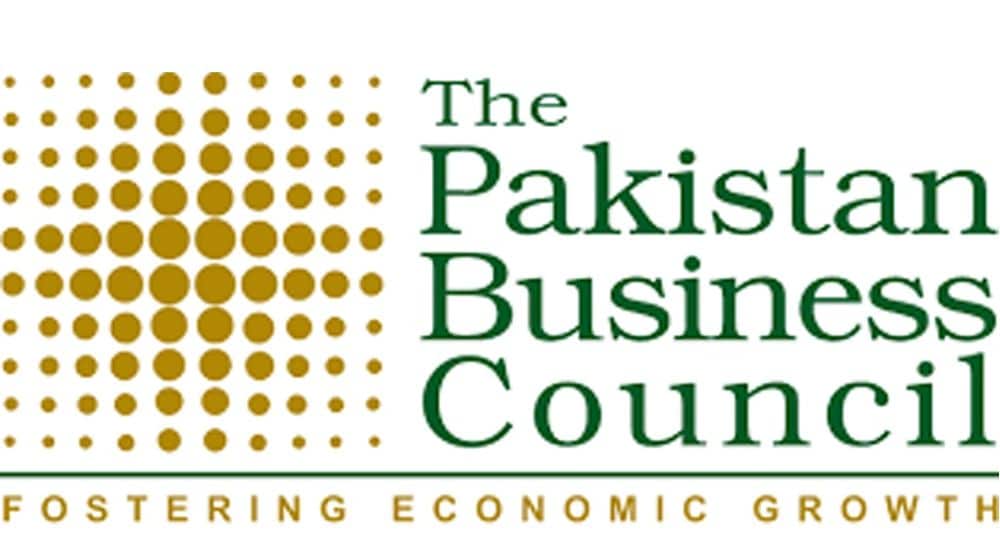The Pakistan Business Council (PBC) has called for a reform-centric International Monetary Fund (IMF) programme instead of the previous short-term, front-ended programmes.
In its agenda for the new government, PBC said Pakistan faces an existential crisis and with no further handouts likely to be forthcoming, the first task of the incoming government would be to negotiate the 24th IMF Programme.
“It should seek a longer term, reform centric programme instead of the previous short term, front-ended programmes, targets for which are easily met by taxing the taxed and by raising energy tariffs instead of conducting deep reforms of the energy sector,” PBC said.
PBC said it is important to reprofile external debts, otherwise the threat of default will persist and negatively impact investor and business sentiment. The government has no space to continue providing exemptions, unlimited protection, and subsidies other than a limited amount through BISP. Sectors enjoying these privileges must prepare to stand on their feet without such crutches, it added.
It said that reviving the industry will require energy at a competitive cost. This is only possible by addressing the fundamental flaws that exist in the energy sector. Exports are the only sustainable way to manage the external account. Import crunch is a short-term measure that denies essential inputs. Only by providing export incentives that are comparable with the region will Pakistan be able to add more value, broaden the export basket, and widen the export reach.
Pakistan has for years been under-investing in social development. Coupled with a fast-growing population, we now have South Asia’s poorest and weakest human capital. Human capital development is vital for productivity. It will require more resources to be mobilized than hitherto. We need a broad tax base and predictable and equitable tax policies. Taxing the already taxed to meet IMF or other targets is akin to killing the goose that laid the golden eggs.
Concurrent with increasing the development expenditure and spending it in more effective ways, the government needs to curb non-development expenditure to reduce its need to borrow. This will be facilitated by an adjustment in the NFC award by increasing the incentive for provinces to tax agriculture and properties.
It is no longer possible for the nation to carry the burden of losses and inefficiencies of the state-owned enterprises. These should either be closed or privatized. State capture in commercial sectors provides an unleveled playing field for the private sector. It is essential for the private sector to form consortiums to participate in the privatization programme.
The private sector must become more externally oriented instead of just focusing on the domestic market. It should invest in agriculture, mining, and tourism and actively work to indigenize imported inputs.
It further said that at the rate that Pakistan’s population is growing, food security will remain a challenge and will continue to create pressure on our balance of trade. It highlighted that Pakistan is presently a net importer of food. Private sector-led and government policy-supported interventions in seeds, technology, finance, cold chain, storage, etc., will ensure that food remains available and affordable. To the common person, this is far more important than all the other economic parameters.























Nice post. I learn something totally new and challenging on websites